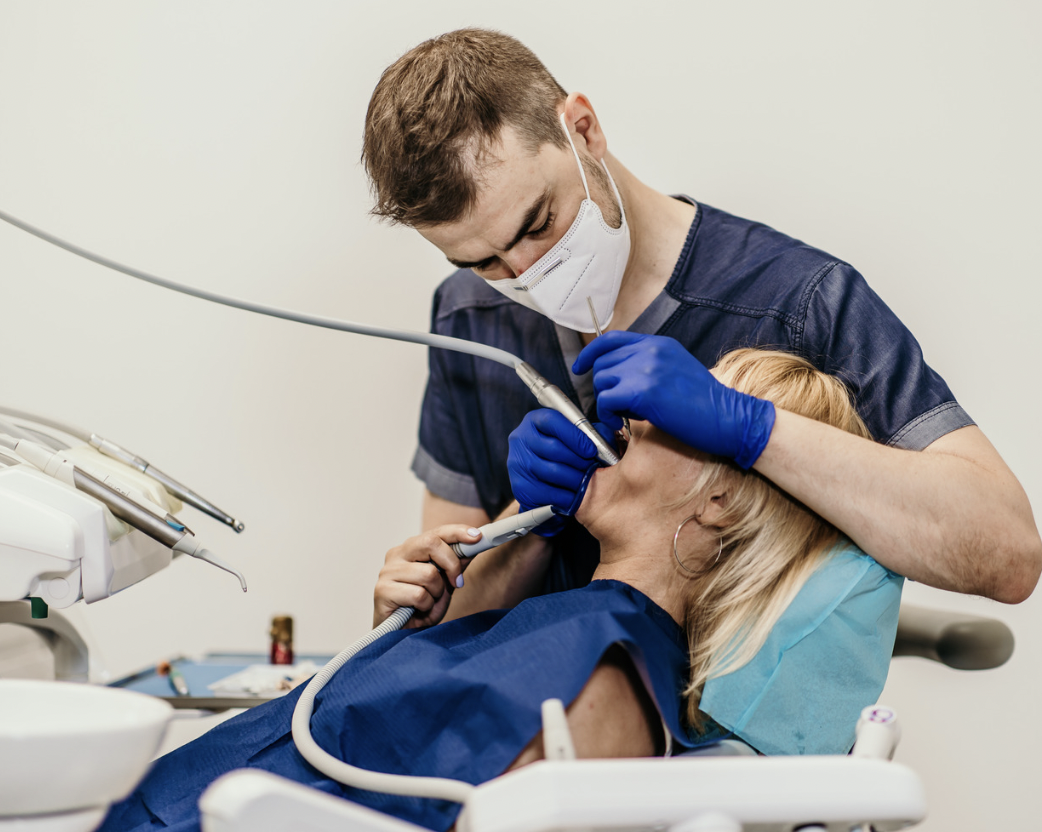Oral health correlates with the quality of life in old age, as poor oral health can compromise our ability to chew and eat certain foods. Moreover, it can also negatively affect our sleep, self-confidence, and physical appearance.
This article will discuss common oral health problems in the elderly and how we can prevent those issues in old age.
Incidence of oral and dental issues in the elderly
According to the Centers for Disease Control and Prevention (CDC), almost 96% of older adults aged 65 or more have at least one cavity. Similarly, about 68 % (2 out of 3) of people aged 65 or more have gum disease.
Unfortunately, poor dental health also makes us prone to early loss of teeth in old age. That is why about every fourth of older adult over 65 has no natural teeth.
Common oral health issues in old age
In our old age, we are at increased risk of chronic oral diseases such as the following,
- Dental infections include dental caries, oral candidiasis (fungal infection of the mouth), and periodontitis (gum infection).
- Teeth loss following dental caries or physical injury.
- Xerostomia (Dry mouth), usually caused by medications or underlying disease.
- Angular cheilitis, characterized by painful, cracked, and cold sores at the angles of the mouth.
- Denture stomatitis (a type of oral fungal infection), due to poor oral hygiene.
- Oral cancers.
Why are dental problems common in the elderly?
In old age, our gums start to recede from their original position due to aging. This makes us prone to develop root cavities in teeth. Similarly, dry mouth also helps bacteria survive in the mouth, leading to tooth decay.
Furthermore, chronic smoking, excessive alcohol intake, and poor dental and oral hygiene can also increase our risk of oral health issues.
Prevention of oral health problems
Certain measures can be taken to prevent these oral and dental health problems in old age. These preventive measures include,
- Routine oral health assessment and dental check-ups, particularly after age 50. A dentist may recommend deep cleaning of teeth roots or medications to avoid the progression of tooth disease.
- Daily oral health care. Dentists recommend brushing teeth twice a day with a soft-bristle toothbrush.
- Floss the teeth at least once daily.
- Avoid sugary foods and drinks. If taken, rinse the mouth afterward with plain tap water.
- Quit smoking and reduce alcohol intake.
- Artificial saliva products are recommended in case of dry mouth in old age.
Take Home
Oral and dental health issues such as dental infections, xerostomia, stomatitis, and tooth decay can lower the quality of life in old age. Receding gums, smoking, and poor dental hygiene can increase the risk of developing these conditions in senior years. However, certain measures can prevent us from these problems, such as regular dental check-ups, brushing our teeth twice a day, flossing daily, and avoiding sugary drinks. Moreover, avoiding smoking and decreasing alcohol intake also reduces the risk of severe oral health problems in the elderly.
References:

